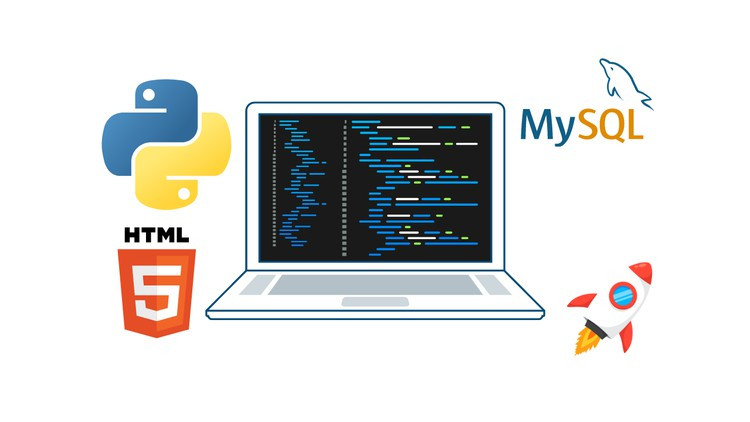In computer programming, strings play a crucial role in handling textual data. Among the various programming languages, C stands out as a language where strings are represented as arrays of characters. The length of a string, a seemingly simple concept, holds significant importance in programming tasks.
What is C Strings Length?
In C programming, a string is essentially an array of characters terminated by a null character (‘\0’). The length of a C string refers to the number of characters it contains before the null terminator. For example, in the string “Hello” the length is 5.
Calculating the length of a string is a fundamental operation in many programming tasks. It allows programmers to determine the size of a string, validate input, and manipulate data efficiently. Understanding how to find the length of a C string is a crucial skill for C programmers.
Methods for Calculating C Strings Length
Using the strlen Function
C provides a built-in function, strlen, which stands for “string length,” to determine the length of a given string. The function takes a pointer to the string as an argument and returns an integer representing the length of the string.
#include <stdio.h>
#include <string.h>
int main(int argc, char* argv[]) {
char str[] = "Hello";
size_t length = strlen(str);
printf("The length of the string \"%s\" is %d.\r\n", str, strlen(str));
return 0;
}In this example, the strlen function is used to calculate the length of the str array and store it in the variable length. The result is then printed to the console.
Manual Calculation
While the strlen function is convenient, understanding how to manually calculate the length of a string is essential for a deeper grasp of C programming. A common approach is to iterate through the characters of the string until the null terminator is encountered.
Here’s an example of manual calculation:
#include <stdio.h>
int calculateStringLength(const char *str);
int main(int argc, char* argv[]) {
char str[] = "Hello";
int length = calculateStringLength(str);
printf("The length of the string \"%s\" is %d.\r\n", str, strlen(str));
return 0;
}
int calculateStringLength(const char *str) {
int length = 0;
while (str[length] != '\0') {
length++;
}
return length;
}In this example, the calculateStringLength function iterates through the characters of the string until it finds the null terminator. The length is then returned and printed in the main function.
Conclusion
In C programming, understanding the length of strings is fundamental for effective string manipulation and input validation. Whether using the built-in strlen function or manually calculating the length, C programmers need a solid grasp of this concept to write efficient and secure code. For more content, please subscribe to our newsletter.







